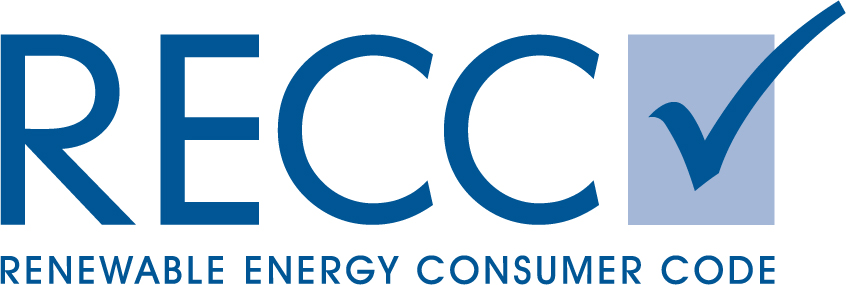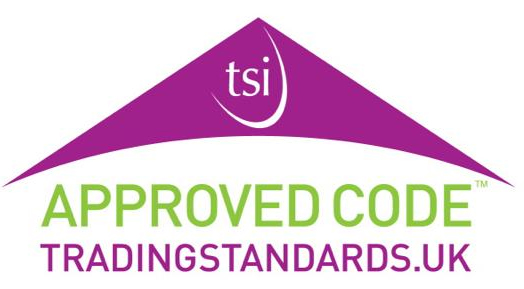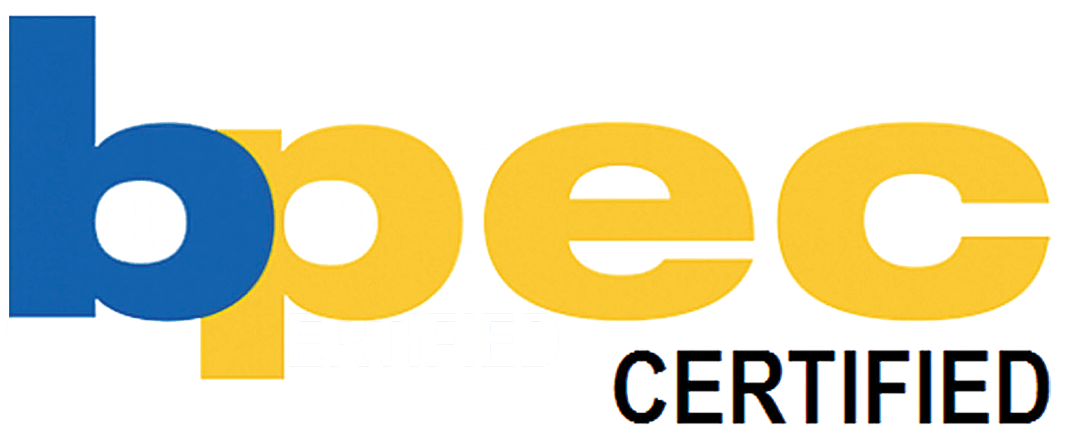As the world increasingly turns towards sustainable energy solutions, solar panels have emerged as a promising source of clean and renewable power. However, like any emerging technology, solar panels are not immune to misconceptions and myths. In this article, we will debunk the top 10 myths surrounding solar panels, shedding light on the truth behind this revolutionary energy source.
Myth 1: Solar Panels Are Only Effective in Sunny Climates
One common misconception is that solar panels are only efficient in regions with constant sunshine. In reality, solar panels can generate electricity even on cloudy days. While they perform best in direct sunlight, modern solar technology has improved to capture diffuse sunlight, making them a viable energy source in various climates.
Myth 2: Solar Panels Are Too Expensive
Many believe that the cost of installing solar panels is prohibitively high. However, the initial investment has significantly decreased in recent years due to technological advancements and government incentives. With tax credits, rebates, and financing options, solar panel installations have become more affordable, providing a long-term return on investment through reduced electricity bills.
Myth 3: Solar Panels Require Constant Maintenance
Contrary to popular belief, solar panels are low-maintenance devices. They have no moving parts, and routine cleaning is typically the only maintenance required. With advancements in design and materials, solar panels are now durable and can withstand various weather conditions, requiring minimal attention over their lifespan.
Myth 4: Solar Panels Can Cause Roof Damage
Some worry that installing solar panels may compromise the integrity of their roof. However, reputable installation companies use mounting systems that are designed to protect the roof and maintain its structural integrity. In fact, solar panels can shield the roof from the elements, extending its lifespan.
Myth 5: Solar Panels Are Inefficient and Don’t Produce Enough Power
Early solar panel models were less efficient, but technological advancements have dramatically improved their performance. Modern solar panels can convert sunlight into electricity with high efficiency, and ongoing research continues to enhance their capabilities. Additionally, homeowners can install larger systems or combine solar panels with energy storage solutions to meet their power needs.
Myth 6: Solar Panels Are Bad for the Environment
Some argue that the manufacturing process of solar panels is environmentally harmful. While the production of solar panels does involve some energy and resource consumption, their overall environmental impact is significantly lower than traditional fossil fuel-based energy sources. The long-term benefits of clean energy production outweigh the environmental costs associated with manufacturing.
Myth 7: Solar Panels Can’t Generate Power at Night
Solar panels are indeed dependent on sunlight, but this doesn’t mean they are useless at night. Through a process called net metering, excess energy generated during the day can be fed back into the grid, earning homeowners credits that can be used during nighttime or cloudy periods. Additionally, advancements in energy storage technologies, such as batteries, allow for the storage of excess energy for later use.
Myth 8: Solar Panels Are Only for Wealthy Individuals
While the upfront cost of solar panel installation may seem high, various financing options, government incentives, and tax credits have made solar energy accessible to a broader range of homeowners. In fact, investing in solar panels can lead to long-term savings on electricity bills, making it a financially sound decision for many households.
Myth 9: Solar Panels Are a Niche Technology
Solar panels are often seen as a niche technology limited to environmentally conscious individuals. However, the widespread adoption of solar energy is on the rise, with governments, businesses, and individuals recognizing the economic and environmental benefits. As technology advances and awareness grows, solar panels are becoming an integral part of mainstream energy solutions.
Myth 10: Solar Panels Have a Short Lifespan
Some believe that solar panels have a limited lifespan, requiring frequent replacements. In reality, most solar panels come with warranties ranging from 20 to 25 years, and their actual lifespan often exceeds these guarantees. With proper maintenance, solar panels can continue to generate clean energy for several decades.
As the world transitions towards sustainable energy solutions, it is crucial to dispel myths surrounding solar panels. These technological marvels offer a reliable, cost-effective, and environmentally friendly alternative to traditional energy sources. By understanding the truth behind these common misconceptions, individuals can make informed decisions about harnessing the power of the sun for a brighter, cleaner future.







